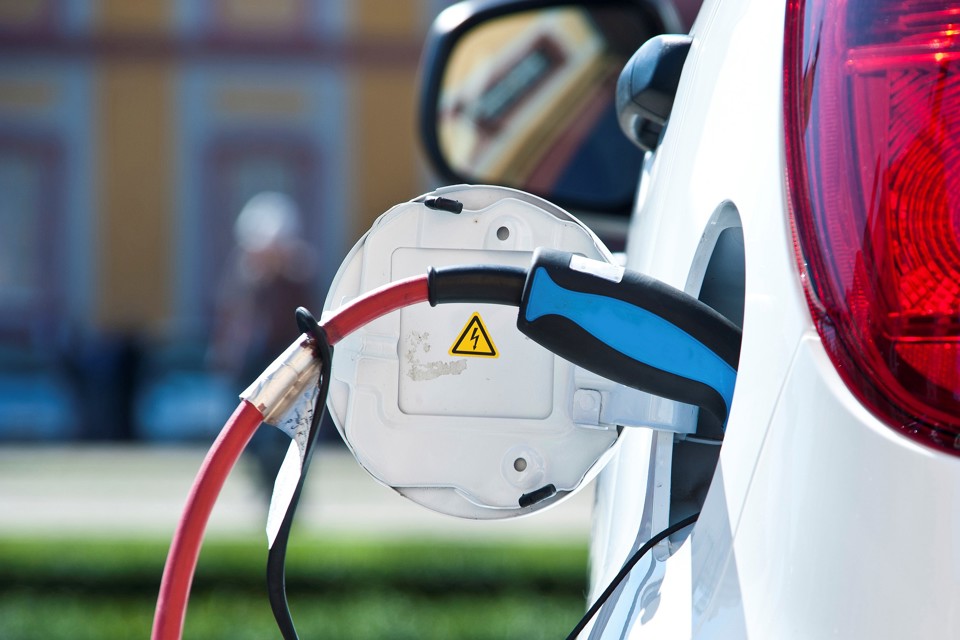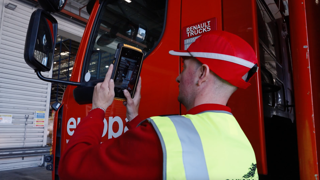Almost four-in-10 petrol and diesel fleet vehicles in the UK could switch to electric, according to new research from Geotab.
The study found that based on total cost of ownership (TCO), which factors in vehicle maintenance as well as the lower price of electricity in comparison to fuel, 39% of fleet vehicles could save money for businesses over an average eight-year service life if they switched to electric.
It also found that 35% of vehicles were range capable, meaning that a replacement electric vehicle (EV) could travel the same route as a petrol or diesel-powered engine vehicle, without requiring a daily charge.
The research also highlighted how subsidies and incentives play a role in EV adoption.
When evaluating the TCO of a passenger car, EVs were more cost effective in 70% of cases if applying the £2,500 UK government grant, according to the research.
If government grants are removed, the cost effectiveness for passenger cars falls to 53%. Similarly, with the £2,500 grant applied, it makes 'economic sense' for 100% of SUVs to transition to electric, said Geotab.
To help businesses transition fleets to electric, Geotab has launched an updated version of its electric vehicle suitability assessment tool (EVSA).
Geotab said the EVSA tool offers EV adoption recommendations by matching existing fleet telematics data to real-world EV performance data.
The tool analyses a fleet’s telematics data over a specified period and creates an electrification recommendation based on each vehicle’s driving patterns.
David Savage, vice president UK and Ireland at Geotab, said: “We’re fast approaching the deadline for the ban of new petrol and diesel car sales as efforts to decarbonise the transport industry accelerate.
“Geotab’s EVSA tool leverages rich data to provide a clear and easy process for fleet electrification, factoring in crucial considerations such as charging range and costs throughout the vehicle’s lifecycle.
“Our tool provides evidence not only for the feasibility of EVs, but also shows how organisations will actually save money by going electric.
“Starting with commercial fleets, the electrification process must be an essential component of our collective strategy to address climate change.”
> Interested in comparing electric vehicle data? Check out our EV tool.
> Interested in ensuring the efficient use of EVs. Check out our dedicated editorial sections: Insight & policy | EV news | Charging & infrastructure | Costs & incentives | Benefit-in-kind | EV case studies | EV road tests
























Login to comment
Comments
No comments have been made yet.